Why should you bring a camera, even if you already have a phone?
Smartphone cameras have great technology behind them, but there are things they can't do as well as dedicated cameras.
Phone cameras do a lot, but they aren't the best.
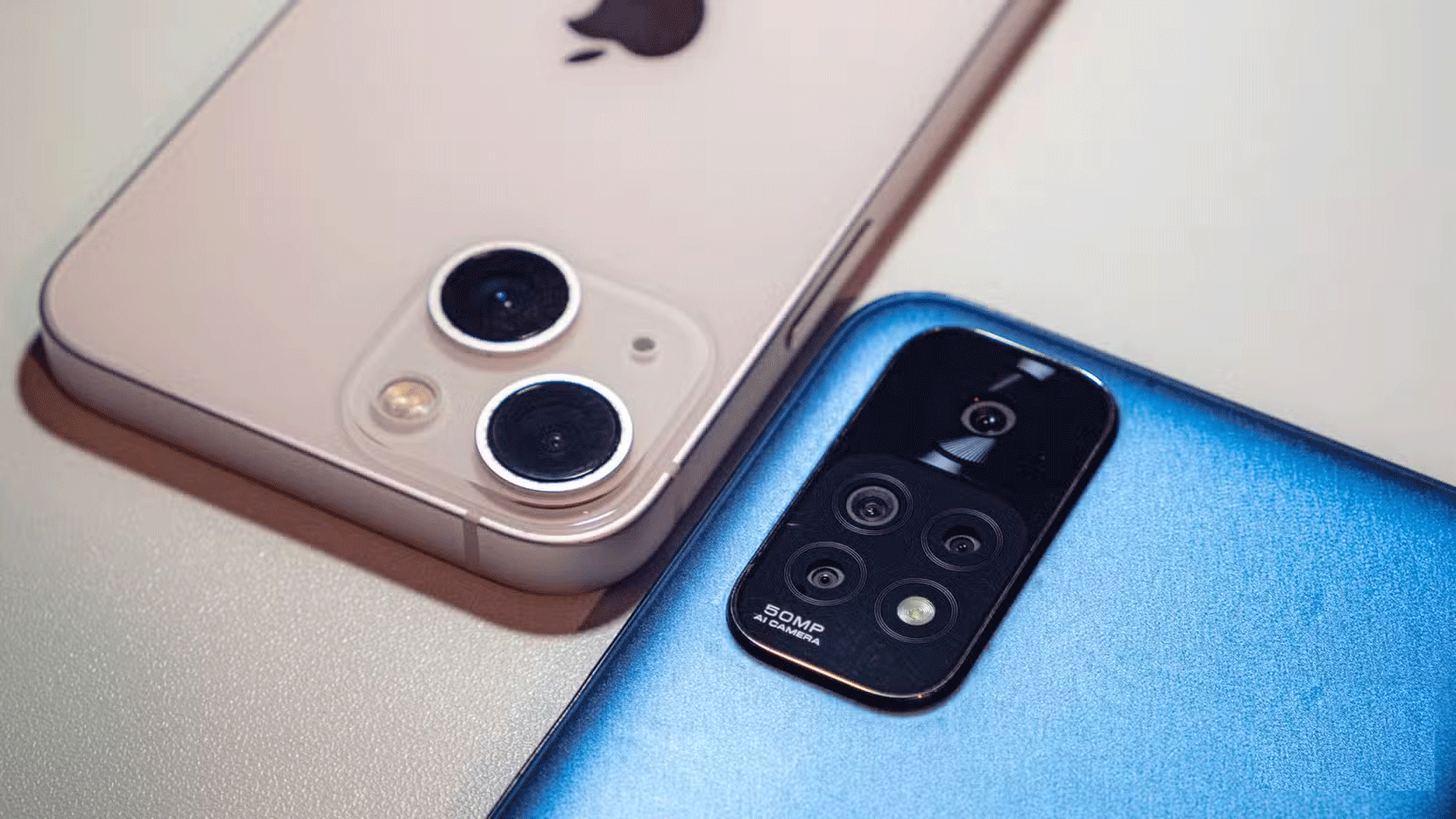
Our phones have largely replaced dedicated cameras over the past decade. Dedicated cameras are seen as unnecessary, especially when phones are good enough for most people. There's even a niche market for smartphone photography.
However, while phone cameras are versatile and convenient, they are still not as good as dedicated cameras in many aspects.
Exciting photography experience

Holding a dedicated camera of any kind is a more intimate experience than a phone. Because you know that taking pictures is the only thing it can do, it helps you focus more on taking better pictures.
The phone camera is also considered an obvious tool for getting things done. Quickly snapping documents, taking notes, basically anything. While you can capture some great moments with your phone, it doesn't feel as good as a dedicated camera.
There's no substitute for a dedicated camera if you want to get really into the process. It can do so much more and has much more photographic versatility than a phone camera.
Better optical zoom
One big advantage of the Canon SX610 HS is that it has an 18x optical zoom without being too bulky. At its widest angle, it has a full-frame equivalent of 25mm and 450mm at its widest angle without including the 72x digital zoom.
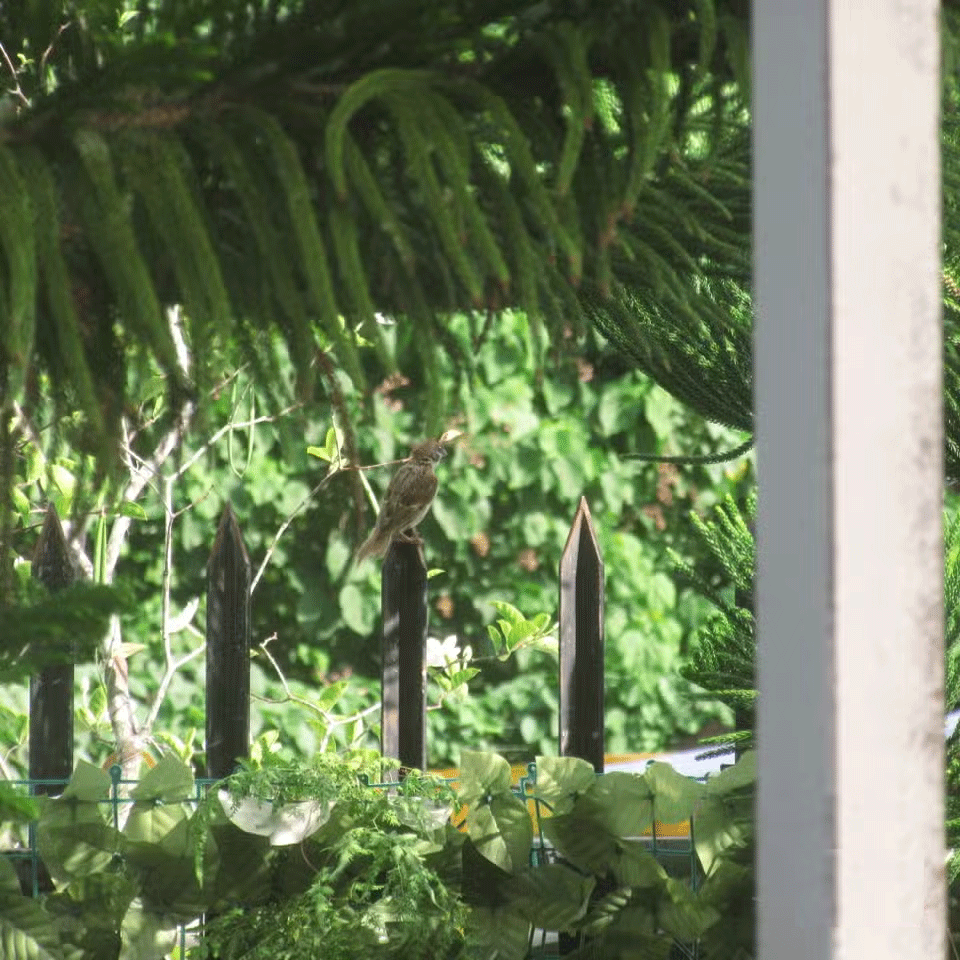

25mm is a great focal length for street and landscape photography, while longer focal lengths can be good for portraits, landscapes and even wildlife. You can get some great bird shots with this camera without spending a fortune on bulky, large lenses.

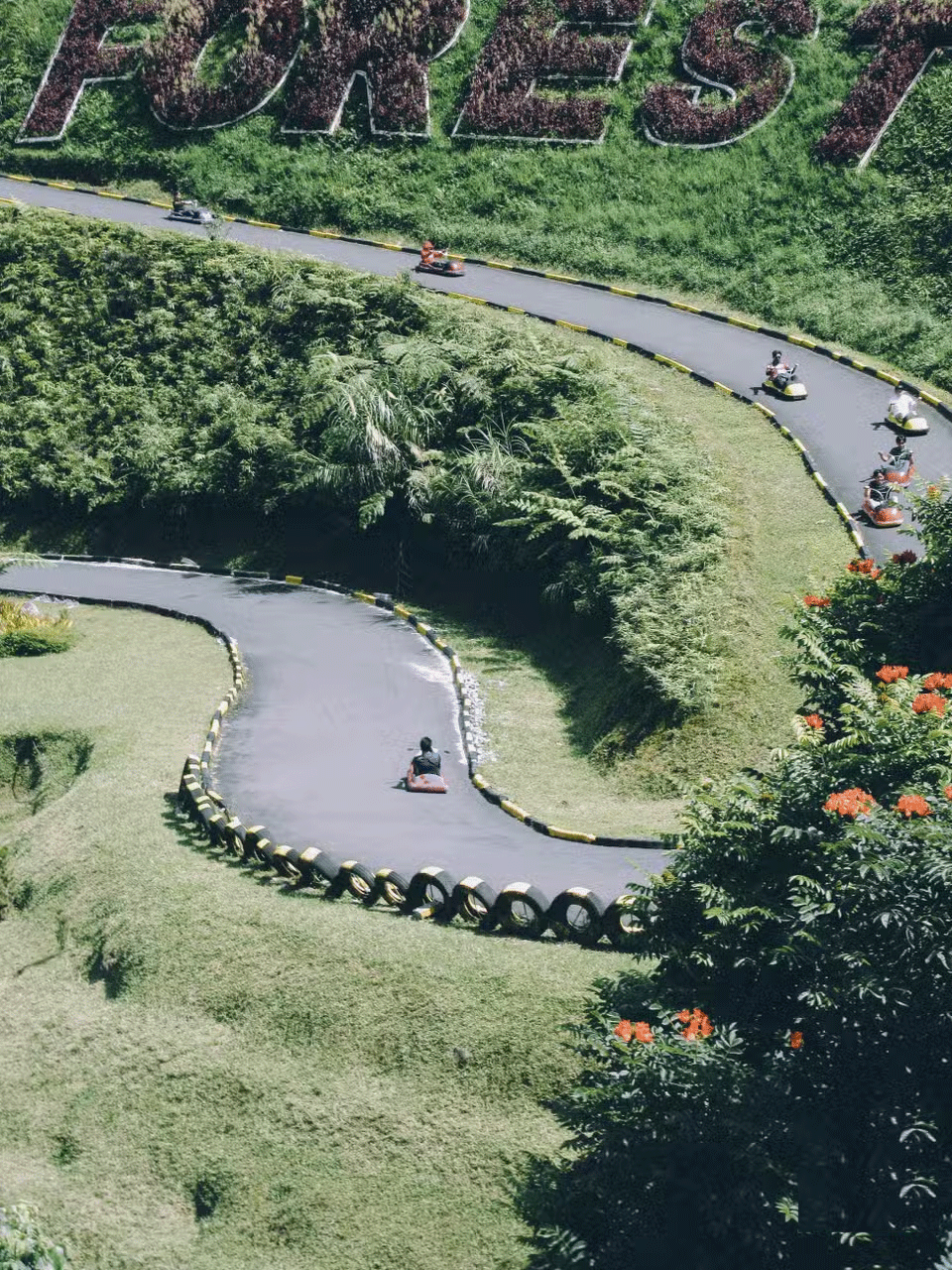

While digital zoom in smartphone cameras has also advanced a lot (like the 100x zoom you get on Samsung phones), it's still digital zoom and not as good as the much more powerful optical zoom like on the SX610 HS.
Cameras are specially made for taking pictures.
Whether you're experienced or new to photography, you'll hear that limitations help creativity—and deliberately imposing limitations is a favorite way to use a small, dedicated camera.
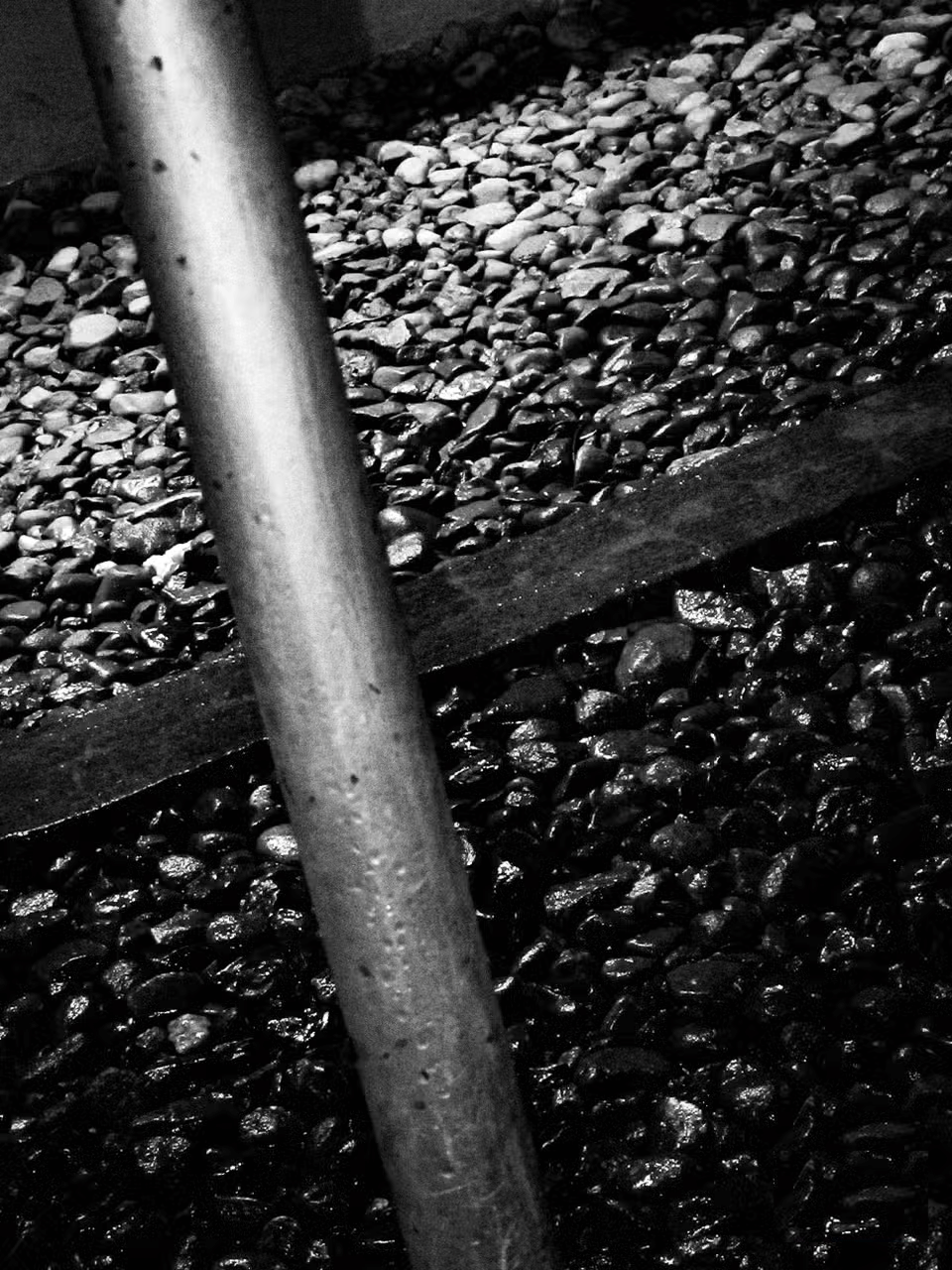
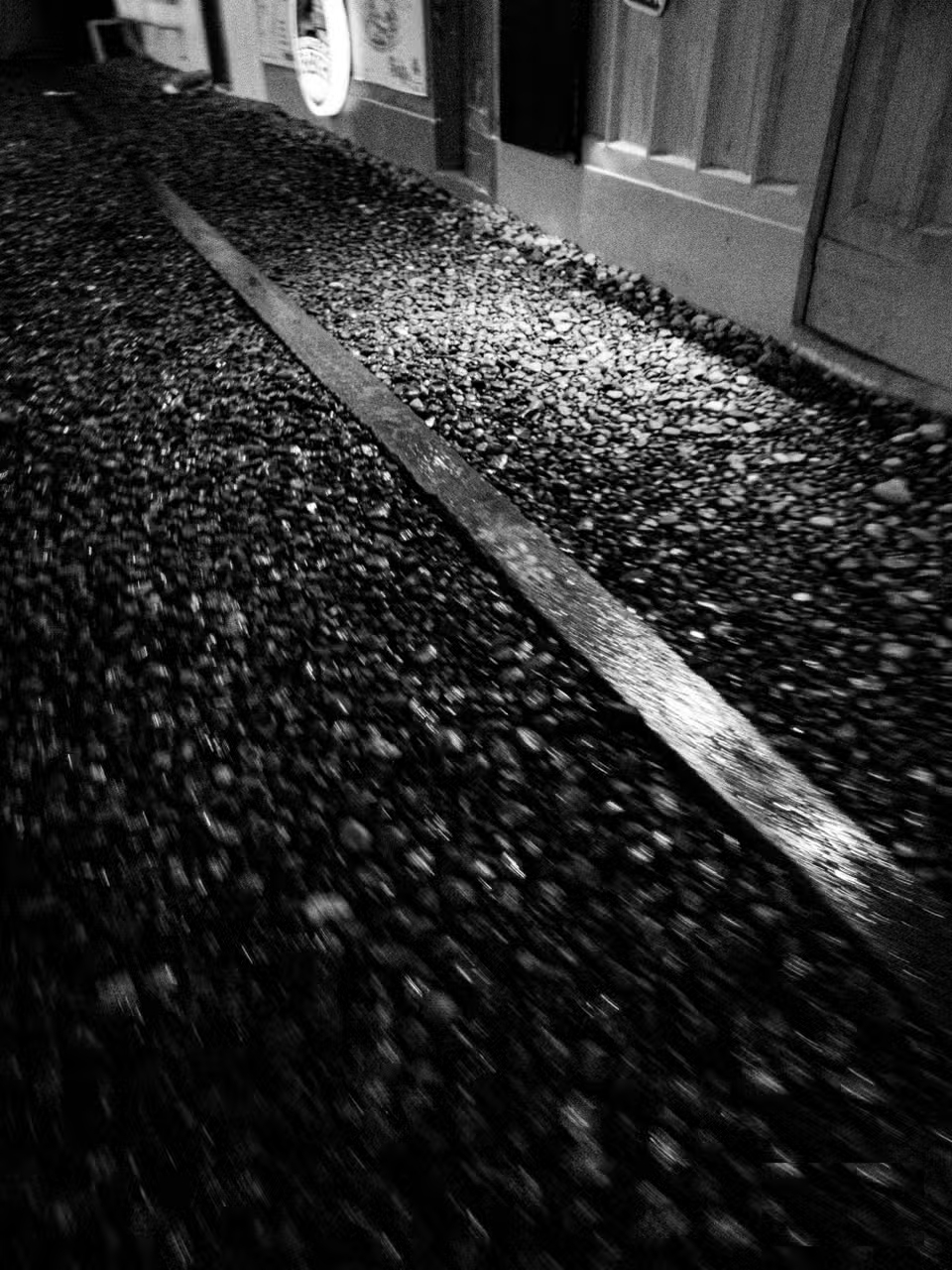
The most popular ways are to limit yourself to black and white, use a certain amount of zoom, or just use a square aspect ratio. Monochrome is an interesting way to look at things. It highlights shapes, patterns, and the way light moves, rather than focusing on color.
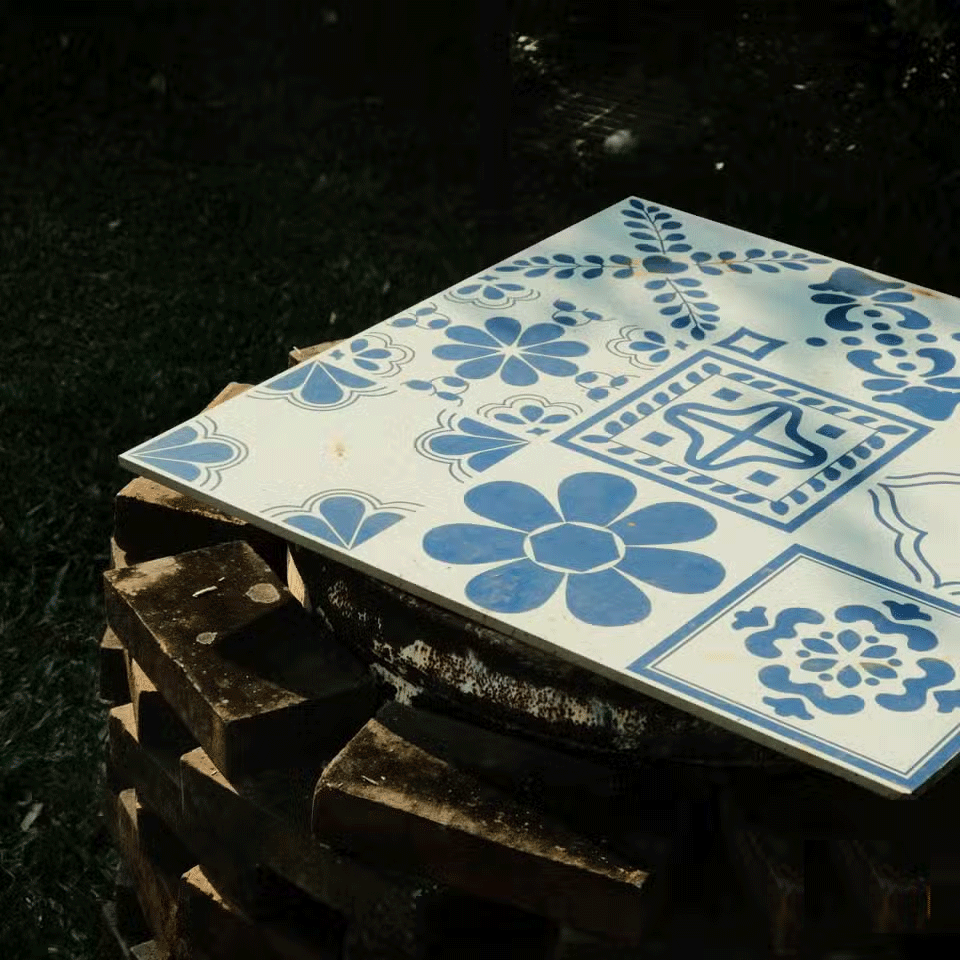
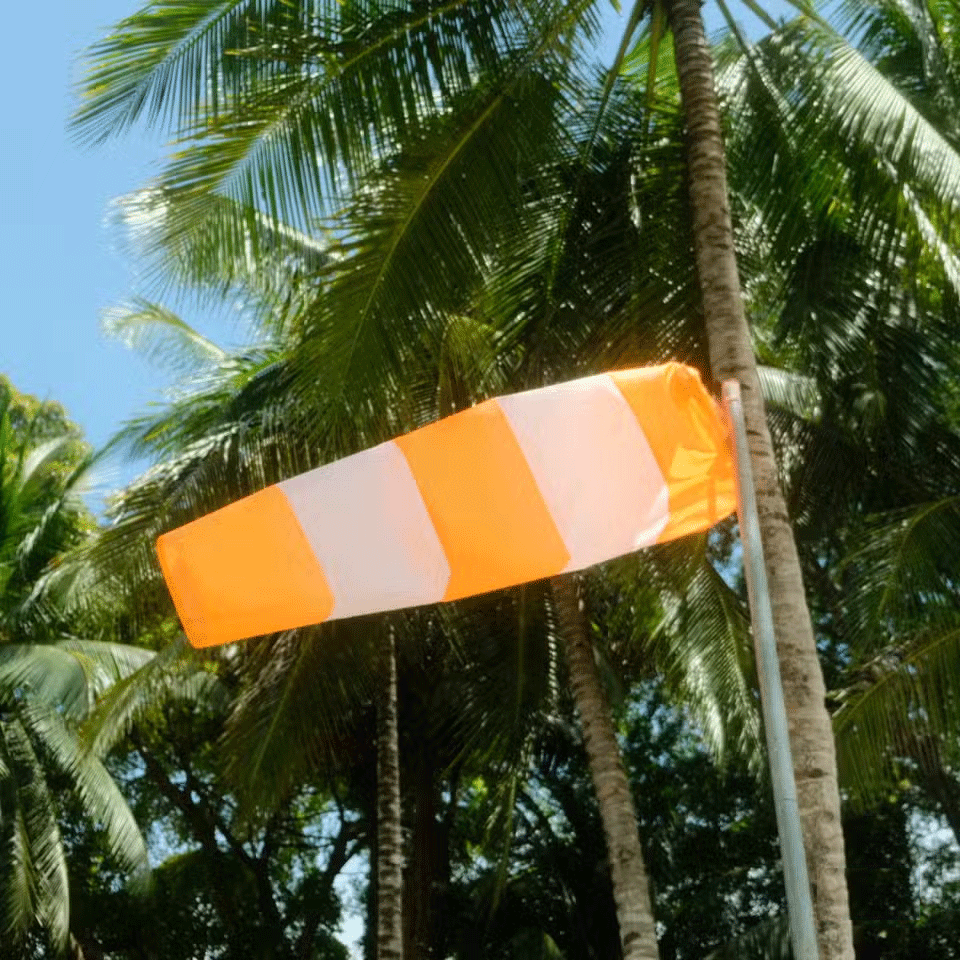
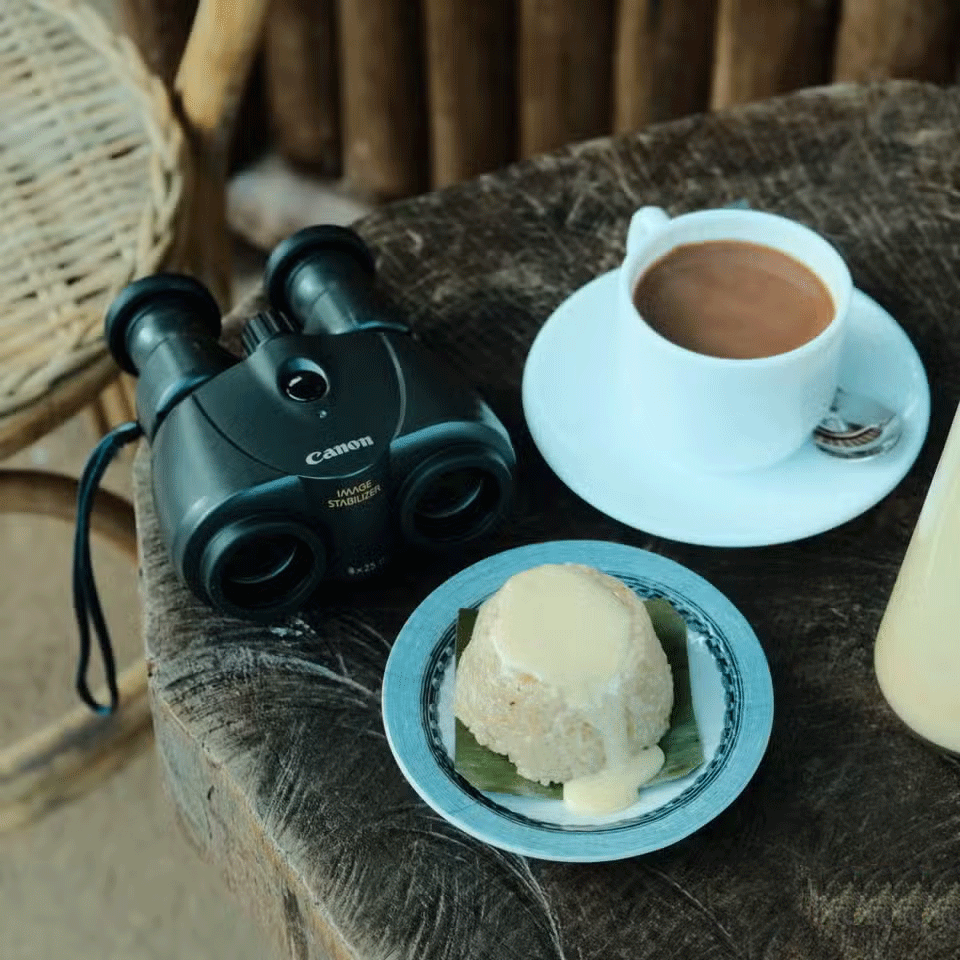

Here are some square and monochrome shots taken with the SX610 HS and Fujifilm X-T20. The X-T20 may be a larger camera, but it's still quite compact; especially when paired with the TTArtisans 25mm F2.0 manual lens.
They won't replace your phone, but they will make you like it more.
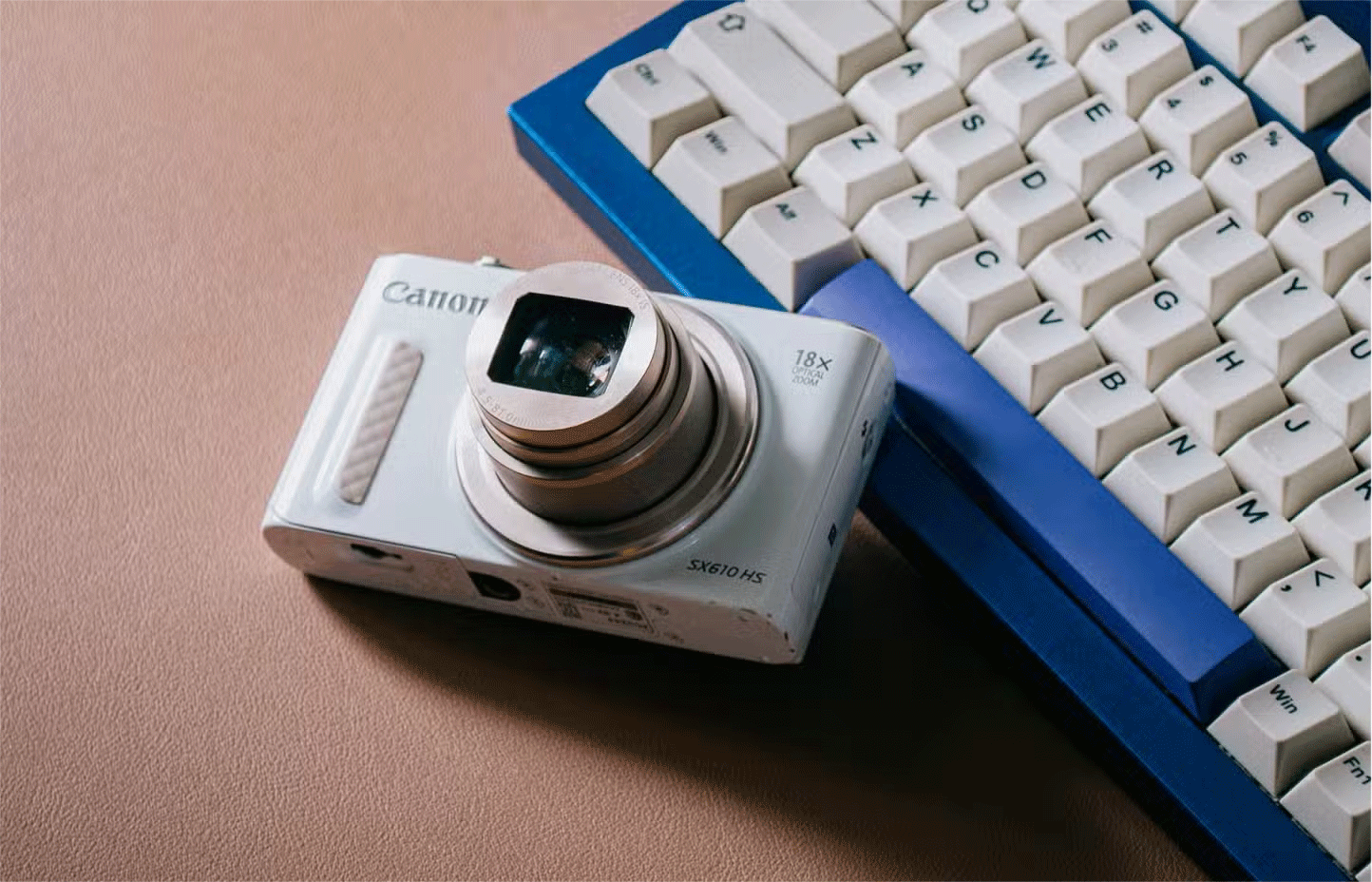
Smartphone cameras have advanced to the point where they can replace dedicated cameras in many common use cases. However, many people dislike the digital processing that goes into over-softening details and the apparent computer guesswork in areas with a lot of detail.
Give dedicated cameras enough light, whether through longer exposure times, flash or ambient light, and they can produce great images that smartphones with smaller sensors and lenses simply can't reproduce.
Compact point-and-shoot cameras are often considered all-purpose cameras for family gatherings and casual situations. However, after 2020, they are now the new film cameras because of the retro-style images they produce.
This makes it easy to take beautiful photos without having to process film but still have an engaging photography experience. Plus, you don't have to worry about your phone memory filling up quickly!
You should read it
- TOP 5 phones with super terrible 108 MP camera 2022, super sharp shooting
- How to set up security cameras that can be accessed remotely
- Fix iPhone camera not focusing
- The best camera app for Android
- The Simplest Guide To Turn On And Off Laptop Camera
- Advice on how to use the camera to reverse the car for new drivers
 How to Take Better Architectural Photos with Your Smartphone
How to Take Better Architectural Photos with Your Smartphone How to use AI filters to improve photos on smartphones
How to use AI filters to improve photos on smartphones 7 tips for taking great city photos with your smartphone
7 tips for taking great city photos with your smartphone 7 tips for taking beautiful photos with smartphones in the fall
7 tips for taking beautiful photos with smartphones in the fall What is the difference between Crop and Resize? When should you crop and when should you resize an image?
What is the difference between Crop and Resize? When should you crop and when should you resize an image? How to Use Smartphone Filters to Fix Bad Lighting in Photos
How to Use Smartphone Filters to Fix Bad Lighting in Photos